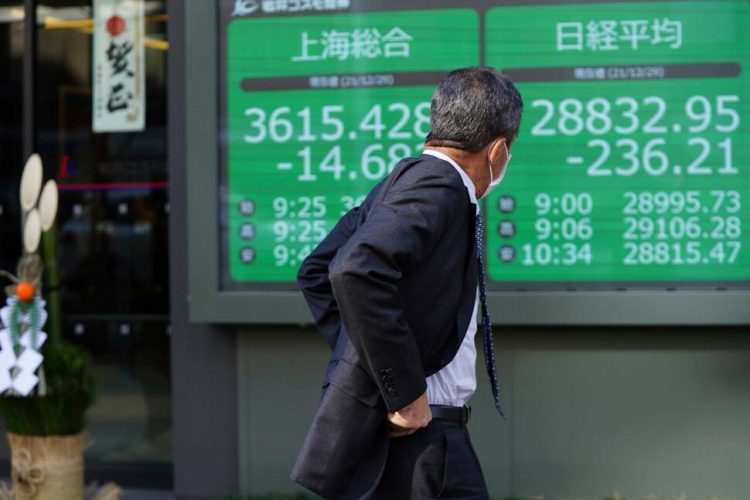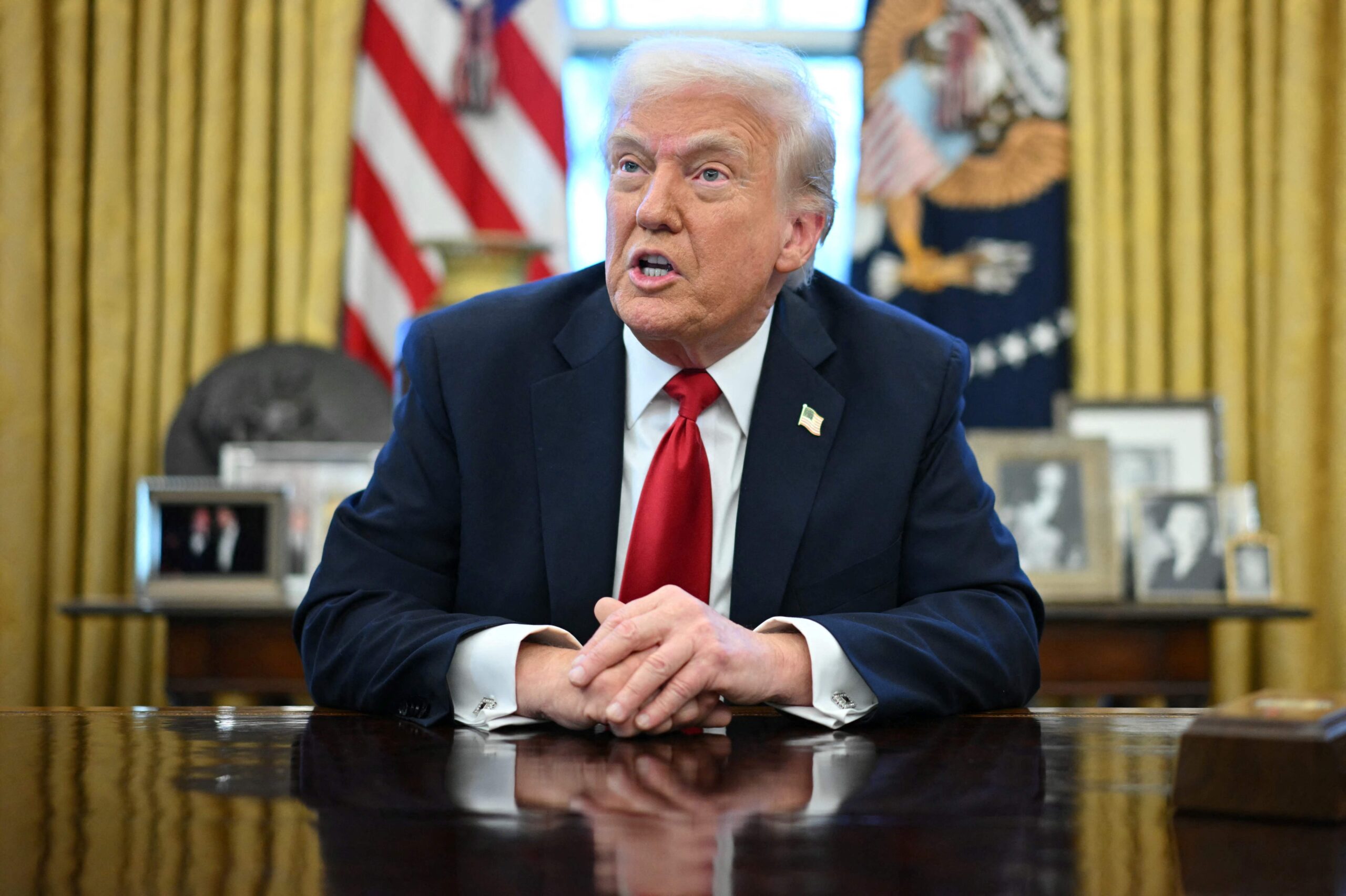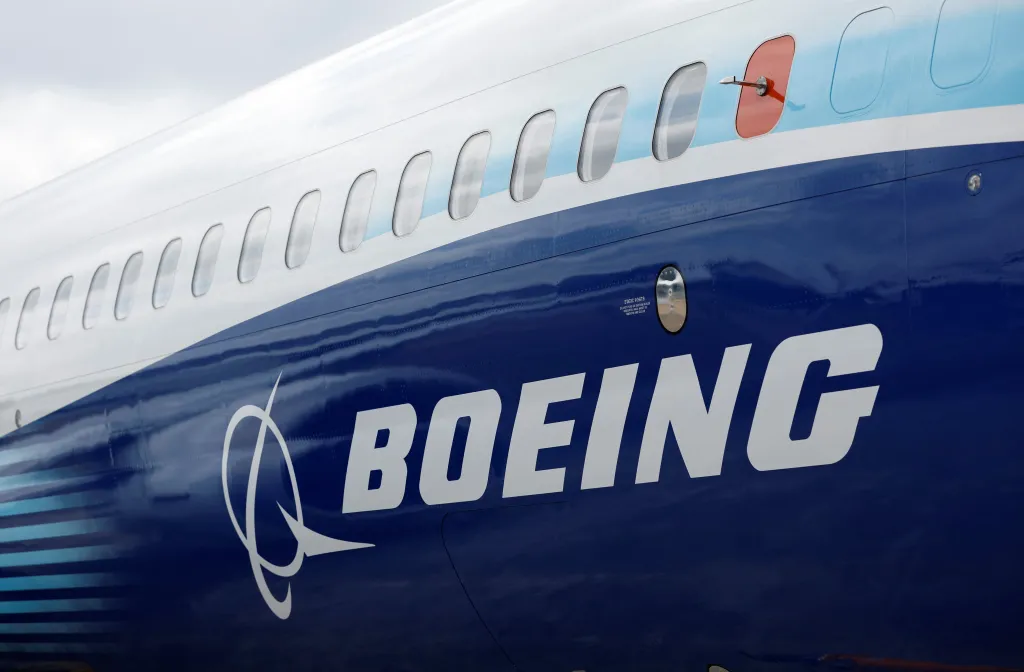Publisher: Maaal International Media Company
License: 465734
Asian shares are mostly higher after Trump eases some of his tariffs on electronics, for now Asian shares are mostly higher after Trump eases some of his tariffs on electronics
Asian benchmarks mostly rose Tuesday, echoing a rally on Wall Street after President Donald Trump relaxed some of his tariffs, for now at least, and as stress from within the U.S. bond market seemed to be easing, AP reported.
Japan’s benchmark Nikkei 225 surged 0.8% to 34,267.54.
Automakers were among the biggest gainers. Toyota Motor Corp. jumped 4.7%, while Honda Motor Co. gained 3.9%. Electronics and entertainment giant Sony Corp.’s stock price added 2.4%, while semiconductor maker Tokyo Electron rose 1.3%, while Renesas was up 1.5%.
اقرأ المزيد
Australia’s S&P/ASX 200 added 0.2% to 7,761.70 and South Korea’s Kospi gained 0.9% to 2,477.41.
Chinese shares wobbled, with Hong Kong’s Hang Seng slipping 0.3% to 21,364.72. The Shanghai Composite fell 0.2% to 3,257.72.
“You know the drill: one step forward, two steps back, then a whiplash pivot into carrot-and-stick diplomacy. It’s becoming the signature of this White House — deliver a policy gut punch, then soften the blow with selective reprieves or 90-day pauses. It’s market management by whack-a-mole,” said Stephen Innes, managing partner at SPI Asset Management.
On Monday, the S&P 500 climbed 0.8% to 5,405.97, though trading was still shaky. The Dow Jones Industrial Average rose 0.8% to 40,524.79, while the Nasdaq composite added 0.6% to 16,831.48.
Apple and other technology companies helped lift Wall Street after Trump said he was exempting smartphones, computers and other electronics from some of his stiff tariffs, which could ultimately more than double prices for U.S. customers of products coming from China. Such an exemption would mean U.S. importers don’t have to choose between passing on the higher costs to their customers or taking a hit to their own profits.
Apple climbed 2.2%, and Dell Technologies rose 4%.
Automakers also rallied after Trump suggested he may announce pauses on tariffs next for the auto industry. General Motors rose 3.5%, and Ford Motor rallied 4.1%.
But such relief may ultimately prove fleeting. Trump’s tariff rollout has been full of fits and starts, and he and officials in his administration have said the exemption on electronics is only temporary.
That means uncertainty for both consumers and companies, which are trying to make long-term plans when conditions seem to change by the day. Financial markets have endured chaotic and historic swings, as investors struggle to keep up with Trump’s moves on tariffs.
Perhaps more encouragingly for investors, the bond market has calmed following a bout of volatility last week.
Treasury yields usually drop when fear is high in the market because U.S. government bonds have historically been seen as some of the world’s safest investments. But last week, yields rose sharply for Treasury bonds in an usual move. The value of the U.S. dollar also fell against other currencies, suggesting investors may no longer see the United States as the best place to keep their cash during moments of stress.
Trump announced a 90-day pause on many of his tariffs last week, noting that investors in the bond market “were getting a little queasy.”
The yield on the 10-year Treasury had eased back to 4.35% as of early Tuesday. It had jumped to 4.48% on Friday from 4.01% the week before.
Yields sank after the bond market got an encouraging update on expectations for inflation among U.S. consumers. While U.S. households raised their expectations for inflation in the year ahead, their expectations for inflation three and five years in the future were either unchanged or lower, according to a survey by the Federal Reserve Bank of New York.
That’s potentially good news for the Federal Reserve, which hates to see fast-rising expectations for longer-term inflation. Such expectations could kick off a feedback loop that drives behavior among consumers that only worsens inflation.
In other dealings early Tuesday, benchmark U.S. crude rose 20 cents to $61.73 a barrel. Brent crude, the international standard, was up 18 cents to $65.06 a barrel.
The U.S. dollar rose to 143.09 Japanese yen from 143.04 yen. The euro cost $1.1346, down from $1.1351.








